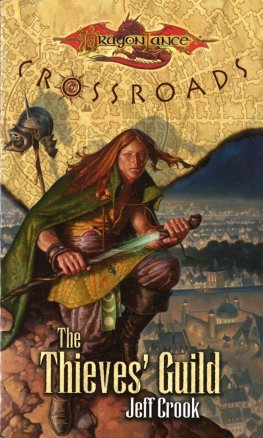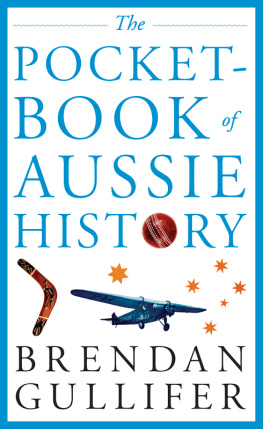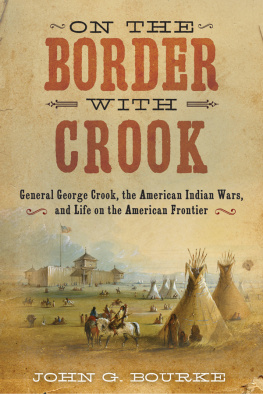THE UK MEDIA LAW POCKETBOOK
As media law becomes more complicated and some of the leading textbooks thicker and larger, this concise guide provides core information without patronizing those with existing knowledge or bamboozling those with little expertise.
Suitable for journalists, media workers, and anyone in the cultural or publishing industries, the book engages and addresses the Internet and blogging, social networking, instant messaging, digital multi-media publication and consumption as well as traditional print and broadcast.
Each chapter covers substantive black letter law and regulation/ethics, and kept in mind throughout is the difference in duties and obligations between words and pictures, print and broadcasting.
The focus is on the law relating to England and Wales, but with references to key differences to bear in mind in Scotland and Northern Ireland.
Chapters start with bullet points, then flesh out the details and summarize pitfalls to avoid. Readers are left in no doubt about liabilities and potential penalties.
Anticipating a dynamically changing arena, the text is also backed up by downloadable sound podcasts, video-casts, Internet source links throughout the book text, and a companion website so that any significant updates are immediately accessible direct from the ebook.
For additional resources visit the companion website at www.routledge.com/textbooks/crook
Tim Crook LLB is Senior Lecturer and Head of Radio at Goldsmiths, University of London. He has worked professionally in radio, theatre, television and film as a journalist, producer, director and sound designer for more than 30 years. Throughout this period he has taught media law and ethics to professional journalists and students at all levels. He is the author of The Sound Handbook (2011), Comparative Media Law and Ethics (2009), Radio Drama: Theory and Practice (1999), and International Radio Journalism: History, Theory and Practice (1997).
UK MEDIA LAW POCKETBOOK COMPANION WEBSITE
The companion website for the book can be accessed here: www.routledge.com/textbooks/crook
The companion web-site updates the topics for each chapter and provides an online link to all the sound podcasts and video-casts. There are additional resources that complement the book. For example a short guide on how to use UK Freedom of Information law, and advice about the risks of using social media for gossip, rumour and opinion.
THE UK MEDIA LAW POCKETBOOK
Tim Crook
First published 2013
by Routledge
2 Park Square, Milton Park, Abingdon, Oxon, OX14 4RN
Simultaneously published in the USA and Canada
by Routledge
711 Third Avenue, New York, NY 10017
Routledge is an imprint of the Taylor & Francis Group, an informa business
2013 Tim Crook
The right of Tim Crook to be identified as author of this work has been asserted by him in accordance with sections 77 and 78 of the Copyright, Designs and Patents Act 1988.
All rights reserved. No part of this book may be reprinted or reproduced or utilised in any form or by any electronic, mechanical, or other means, now known or hereafter invented, including photocopying and recording, or in any information storage or retrieval system, without permission in writing from the publishers.
Trademark notice: Product or corporate names may be trademarks or registered trademarks, and are used only for identification and explanation without intent to infringe.
British Library Cataloguing in Publication Data
A catalogue record for this book is available from the British Library
Library of Congress Cataloging in Publication Data
Crook, Tim, 1959
The UK media law pocketbook / by Tim Crook
pages cm
Includes bibliographical references and index
1. Press lawGreat Britain. I. Title
KD2875.C76 2013 343.410998dc23
2012037095
ISBN: 978-0-415-64523-2 (hbk)
ISBN: 978-0-415-64524-9 (pbk)
ISBN: 978-0-203-07846-4 (ebk)
Typeset in Baskerville and Scala Sans
by Bookcraft Ltd, Stroud, Gloucestershire
CONTENTS
INTRODUCTION
This book is intended to be a concise, short, and clear quick guide to media law affecting anyone working in the UK. It comes with a companion website that updates an unstable and quickly changing area of the law and includes sound podcasts and video-casts. It is designed to work for people in traditional print, broadcast or online multi-media. There are direct links to more information and key sources.
A downloadable sound file on the introduction that seeks to explain the purpose and mission of the book. https://soundcloud.com/comparativemedialaw/introduction-uk-media-law
You need to know about
Primary media law: legislation and case law (ruling by courts) in this country and Europe, which when transgressed can result in criminal prosecution and penalties (fine and/or imprisonment) and/or civil litigation (astronomical legal costs and damages); and Secondary media law: ethics and regulation.
If you breach these professional standards you might find yourself subject to disciplinary warnings or dismissal from work (particularly where your duty to comply with a professional ethics code is written into your employment contract) and/or fines, suspension or removal of broadcast licences, and damaging public adjudications for your employer publisher.
Primary and secondary media law overlap. Sometimes it is different if you are working in broadcasting (BBC or independent broadcasting) and print/online. In UK broadcasting obeying statutory regulatory law is known as compliance. This means that the working broadcaster has to deal with two levels of control. At the BBC, primary legal matters are supervised by a team of specialist lawyers in Programme Legal Advice. What I call secondary media law, but in the BBC is described as Editorial Guidelines, is under the control of a separate supervisory infrastructure called Editorial Policy and Standards. Essentially the difference between what were regarded as media law and media ethics is anachronistic, out of date and redundant. What were previously regarded as journalistic ethics have been sucked into the category of secondary media law obligation because section 12 of the Human Rights Act 1998 gave the courts the power to take into account journalistic codes of ethics when balancing legal disputes involving Article 10 Freedom of Expression and Article 8 Privacy.
Obviously any ethical discretion on the part of an individual journalist ceases to be so when it becomes subject to investigation, adjudication and punishment which is the case with Ofcom in statutory penalties imposed on broadcast licensees (the employers) and disciplinary action by the BBC against its employees and contractors in failing to observe the Guidelines. A new independent regulator for UK print media (newspapers and magazines and associated online publication) is to have the power to impose financial sanctions up to 1% of turnover, with a maximum of 1 million for serious or systematic breaches of a revamped and developed ethics/standards code, which until the end of 2012 was previously regulated by the Press Complaints Commission (PCC). It is expected that the new regulator will have the power to require publication of corrections in disputes over accuracy and the publication of apologies for breaches of other ethical rules. The new regulator will inherit the previous PCC case law and all its resources and















